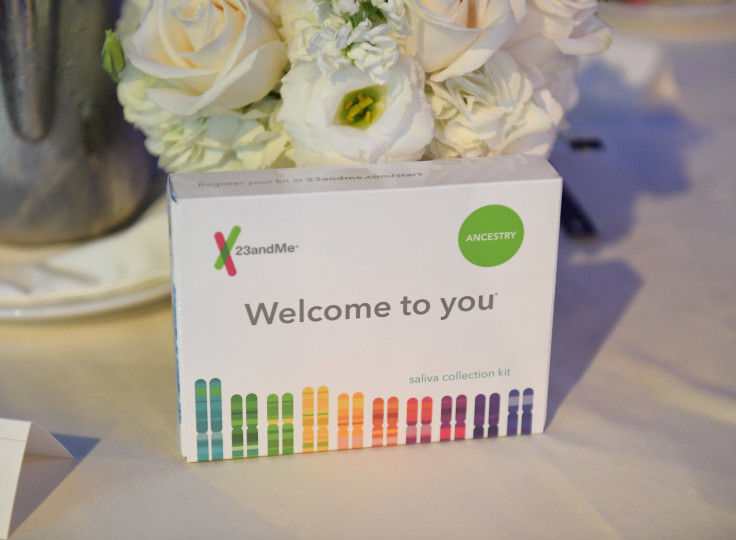Study Finds Consumer DNA Tests Wrong 40 Percent Of The Time

Popular direct-to-consumer DNA kits that promise to reveal a person’s heritage and details about their health provide false information to two in five users, a new study published in the journal Genetics in Medicine suggests.
The troubling data comes from research conducted by medical diagnostics company Ambry Genetics. The researchers found that consumer DNA tests can often fall victim to false-positives that result in producing incorrect information.
Consumer DNA tests often do not look at the entirety of an individual’s genome. Instead, they use a technique that looks specifically for specific SNP arrays, which can determine certain pieces of information about an individual like a predisposition to a disease.
The tests often release full, raw data to the consumer as well, which the researchers used to determine the accuracy of the DNA tests’ read on SNP arrays. They found about nearly half of all tests produced false-positives for consumers.
“Our results demonstrated a 40% false positive rate highlighting the importance of confirming DTC raw data alterations in a clinical laboratory that is experienced in complex alteration detection and classification, especially prior to making any medical management recommendations,” Ambry genetic counselor Stephany Tandy-Connor wrote in a blog post.
Most of the false-positives reported by DNA related to a person’s genetic disposition to certain forms of cancers. It also found that some variants of medical conditions were labeled by the tests as “increased risk” were viewed as “benign” by clinical laboratories.
Ambry Genetics conducted its research after a number of patients came to them after finding troubling medical information in their DNA tests.
“While DTC tests are very popular and can be entertaining, it is important for individuals to be aware of what they get with this testing and what they DON’T get,” Tandy-Connor urged.
Earlier this year, the Food and Drug Administration cleared DNA test company 23andMe to sell genetic tests that test for three genetic mutations that predispose people to developing cancer. Experts have warned that such tests can create an illusion of safety for consumers or mislead them about their risk of suffering from cancer.
© Copyright IBTimes 2024. All rights reserved.





















